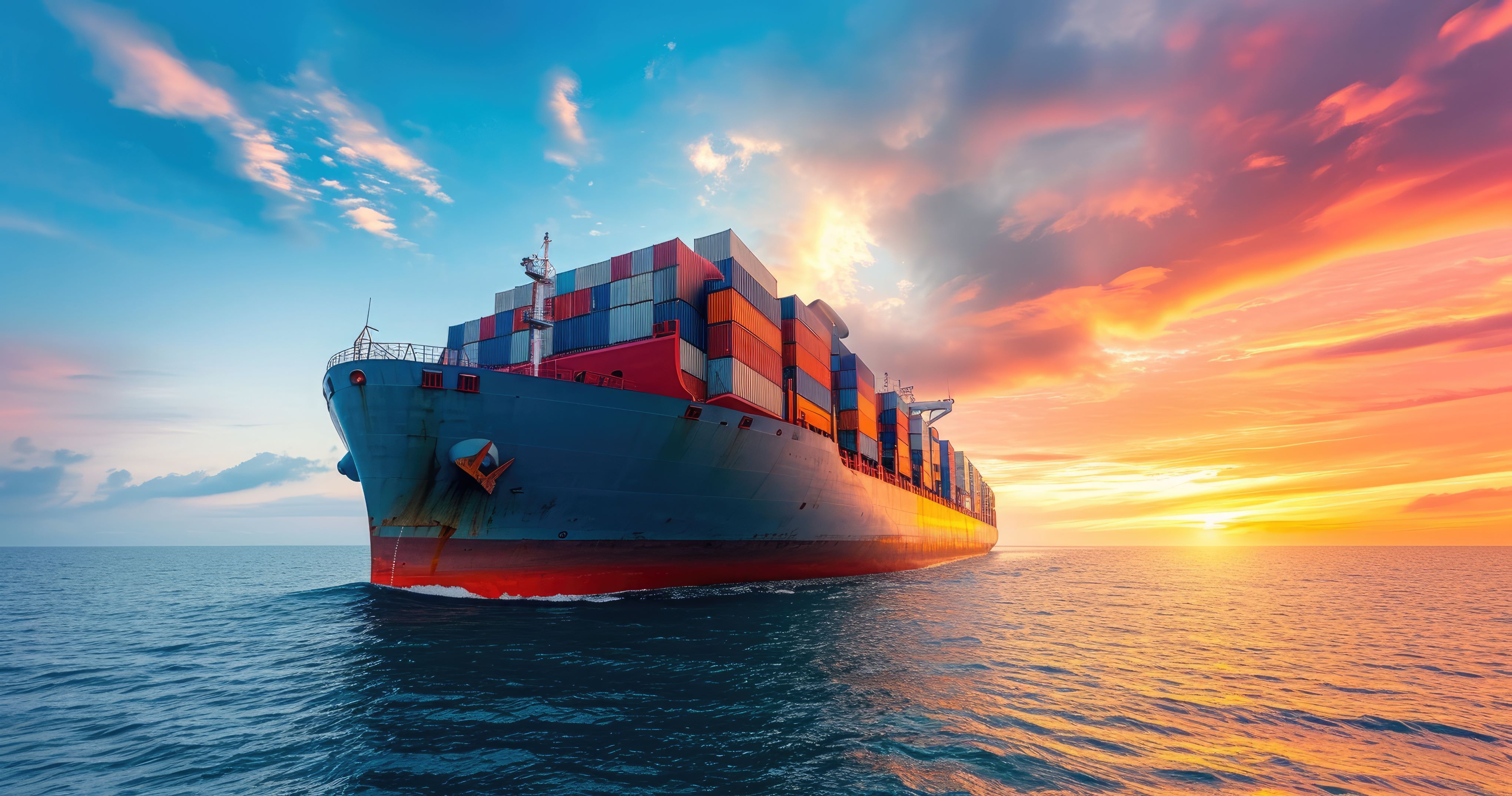
Although the Red Sea crisis has dropped slightly from the headlines, it is still continuing to have an effect on trade across the world.
The news of the first fatalities among shipping crew from a Houthi drone attack and earlier news that the ship Rubymar, owned by Golden Adventure Shipping, has finally sunk off the coast of Yemen also after being struck by Houthi rebels, has only added to the feeling that this will be a long and drawn-out affair.
To help traders understand and navigate the ongoing Red Sea crisis, the Daily Update spoke to Paula Bellamy, director at OL UK - an Institute of Export & International Trade (IOE&IT) silver supplier - to understand what the freight forwarding business is doing to support customers and traders.
The decisions of carriers
The attacks by Houthi rebels on commercial shipping have not let up, despite the efforts of an international coalition. As such, many shipping companies are wary about putting their vessels in the line of fire.
Bellamy, a specialist in managing Middle East freight who established OL’s Dubai office in 2011, explains the difficulties every shipping company has in making decisions on which routes to use:
“Carriers are making their own choices whether to utilise the Suez Canal or not. Each carrier has a different view of things and is willing to make different decisions.
“CMA CGM, for example, has recently publicly acknowledged that it is again using the Red Sea Transit, others are avoiding it and going via the Cape of Good Hope.”
Chinese carrier Cosco has continued to move through the Red Sea, while others such as Maersk and Hapag-Lloyd have remained cautious and have not returned to using the Suez Canal.
Freight prices
Over the short-to-medium term, Bellamy says freight rates are likely to keep rising, as each carrier needs to make their own risk assessment of the situation and adjust accordingly.
But, she adds, “whether there will be enough empty containers at the ports of loading will impact how far shipping prices rise over the short term, as carriers will need to cover all costs.”
Helping traders
OL has several resources available for traders to help them understand to ongoing situation:
“OL is providing regular updates via email and newsletters that our clients can subscribe to for up-to-date content.
“We are also giving constant advice to clients, intelligence which is obtained from the carriers and our partners in other countries, to provide a full picture from all angles as the news is changing daily, even hourly.”
Key tips for traders
Navigating the Red Sea crisis as a trader can be stressful, with delays having a significant impact on planned schedules for moving goods.
Bellamy says cargo insurance is “key” for traders in navigating the ongoing crisis.
“If the vessel your goods are loaded on is travelling via the Red Sea, cargo owners need to be sure that their insurance is valid.
“Your freight forwarder must give you correct information as to the routing of your goods, so you can check with your insurance provider that in the event of an emergency your goods are fully insured.”
An additional point Bellamy makes is that traders should allow more time for products to move along the Cape of Good Hope.
This could include ordering goods earlier or adding an extra 10 to 15 days’ lead time when taking on board new orders.
The future
On a brighter note, as with most crises, the Red Sea attacks will come to an end at some point.
As an international forwarder with significant experience in the Middle East, Bellamy says OL UK has a network that traders can rely on to keep them one step ahead when trade returns to a “new normal”:
“When the crisis ends, it’s important your freight forwarder has good relationships with the carriers to make sure space is available on vessels.
“OL has many contracts we can refer to direct with the carriers and deep relationships which help us get space on vessels.”
For more information on how OL UK can help with traders with their logistics or freight forwarding needs, or to see their resources on offer, please visit ol.uk.com.



